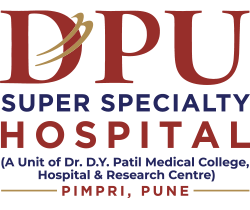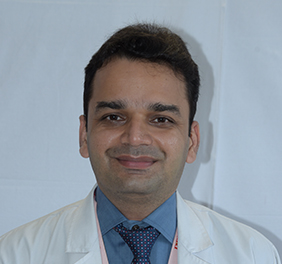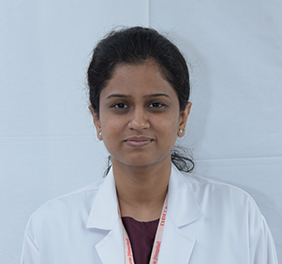Overview
Medical oncology deals with the management of patients suffering from cancer with chemotherapy. Chemotherapy consists of the administration of anticancer drugs with specific dilution in various IV fluids. We have a chemotherapy unit at DPU Super Specialty Hospital, Pimpri, Pune. We also manage patients with targeted therapy, immunotherapy.
Now at DPU Super Specialty Hospital, Pimpri, Pune, we have also started precision medicine which includes the management of cancer patients with various genetic tests and actionable mutations. faculty.
Scope Of Services
- Chemotherapy
- Targeted Therapy
- Immunotherapy
Modern Treatments Available
- Precision Medicine
- Chemoport Insertion
- PICC Line
Our Team
International-Grade Treatment is One Button Away
Offering you and your loved ones with utmost convenience is our top-most priority. Now speak with our experts, enquire about their availability or have your other queries answered by just sending us a request online.








